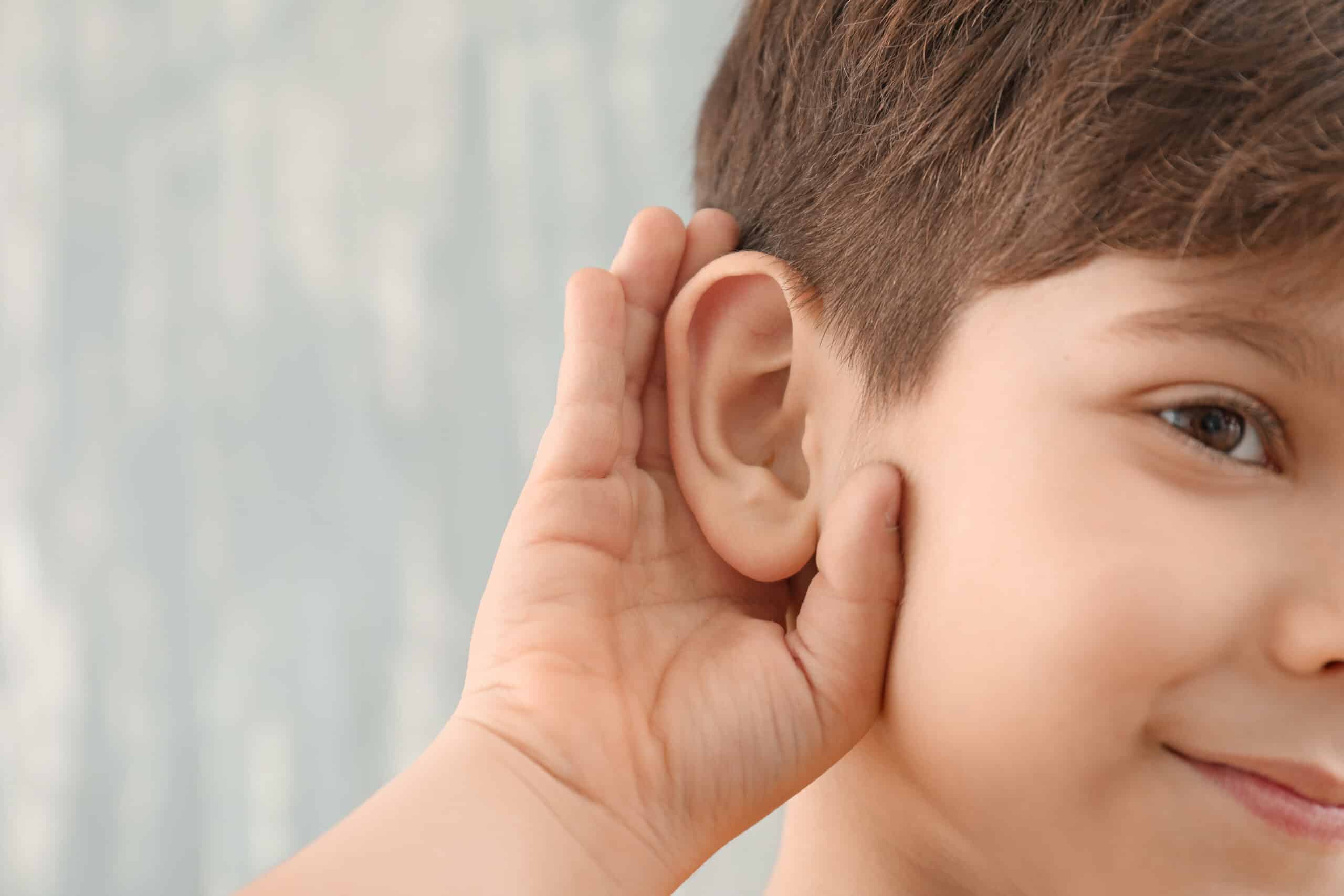Preventing and Managing Pediatric ENT Emergencies

All parents want to keep their children safe and healthy. However, through life, there is always the risk of certain emergencies occurring, including ENT emergencies. These issues can include urgent situations involving the ears, nose, and throat. Read on to learn more about these issues and the best way to prevent them.
Foreign Object Aspiration
Choking can occur when an object lodges in the throat or windpipe, blocking the flow of air. With young children, this can occur when small objects are accidentally swallowed. To prevent this from occurring, keep small objects out of reach.
Common foreign bodies that children may have access to that may block the ears, nose, or throat include beads, pebbles, buttons, small toys, balloons, coins, and more. Keeping these objects out of reach and out of sight is the best way to prevent an ENT emergency. Supervising meal times can also help to prevent issues with foods such as nuts, seeds, popcorn, hot dogs, and hard candy, which may be hazardous. As a general rule, parents should always supervise children while eating and avoid giving high-risk foods to those under the age of 5.
If your child has swallowed a small object, let them initially cough, allowing the body to naturally expel the object. However, If the child is not breathing effectively, is unable to cry, cough, or speak, or if you notice a change in color (bluish skin), seek emergency help immediately and perform pediatric Heimlich maneuver if trained.
Epistaxis (Nosebleeds)
Nosebleeds occur when blood is lost from the tissue that lines the inside of the nose. Nosebleeds are common in children between the ages of 2 and 1 due to dry air, colds, allergies, and picking of the nose. To prevent nosebleeds from occurring in children, maintain a humid environment in the home with a humidifier, discourage nose picking, and use saline sprays. If the nosebleed lasts longer than 20 minutes or is very heavy, seek medical attention.
Traumatic Ear Injuries
Ear injuries can affect both hearing and balance. Children require optimal hearing to develop and use their speech, listening skills, and social skills. Mild or partial hearing loss can affect language, and balance issues can affect how they move and feel.
Ear injuries can occur for various reasons, including falls, sports injuries, listening to very loud music, and inserting something into the ear. To avoid ear injuries, children should never stick anything in their ears, not even cotton swabs or finders. Very loud noises should also be avoided; turning down music while listening to headphones can help. Wearing ear protection or helmets while participating in sports can also protect the ears.
If there is an object lodged in the ear, do not try to remove it yourself with tweezers or other tools, as this can push the object further in or cause damage. Keep your child calm and see a healthcare provider for safe removal. If there is fluid leaking from the ear, especially if it is clear or bloody, or if there is pain, swelling, or hearing loss, seek immediate medical care, as these could be signs of a more serious injury.
General Tips for Managing Pediatric ENT Emergencies
While pediatric ENT emergencies can be scary, it is important to stay calm. A calm demeanor will help your child stay calm and give you a clear head. It can also be handy to keep emergency numbers handy. Overall, educating your child on the many ways to avoid these emergencies is an easy and smart way to deter unwanted disasters.
Schedule a Consultation in Denver, Lone Tree or Castle Rock
If your child is experiencing a pediatric ENT emergency, our team of skilled providers can help. Please contact AOO | ENT Specialists of the Rockies today to learn more. We are happy to assist patients in the Lone Tree, Highlands Ranch, Parker, and Castle Pines areas.
Associates of Otolaryngology, or, AOO | ENT Specialists of the Rockies has been serving multiple generations of families across the Denver Metro area since 1969. Our group of board-certified surgeons has been providing award-winning treatment and exceeding patients’ expectations with our specialized ENT services for over fifty-five years.
Thanks to our exceptional providers, we are an all-encompassing, comprehensive ENT practice. Our expert team of specialists includes general ENT surgeons, head and neck surgeons, sleep, sinus, and allergy specialists, and facial cosmetic and reconstructive surgeons. In addition, our team of providers is supported by doctoral-level audiologists, physician assistants, and nurse practitioners.





